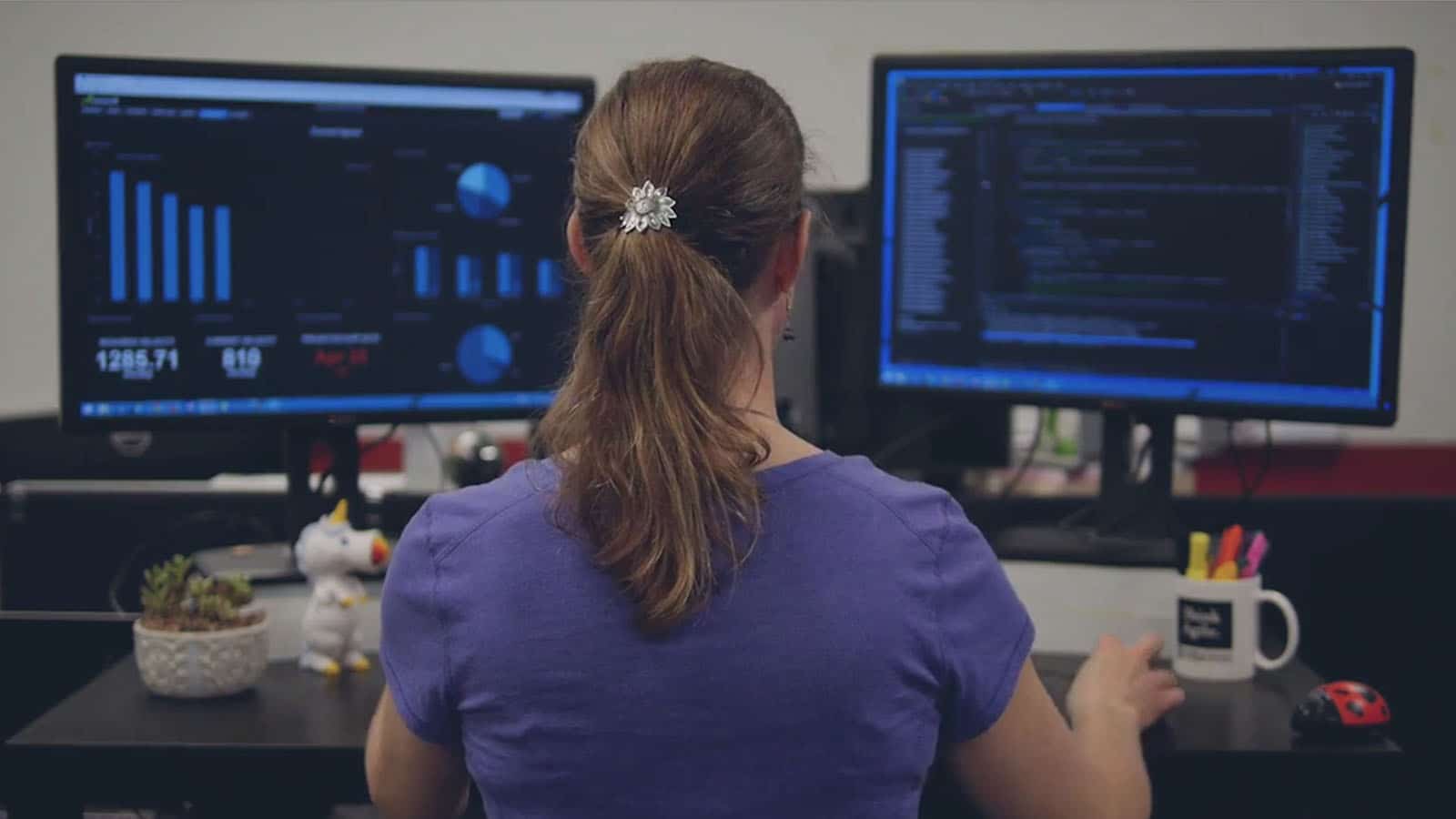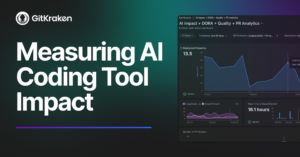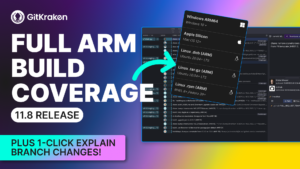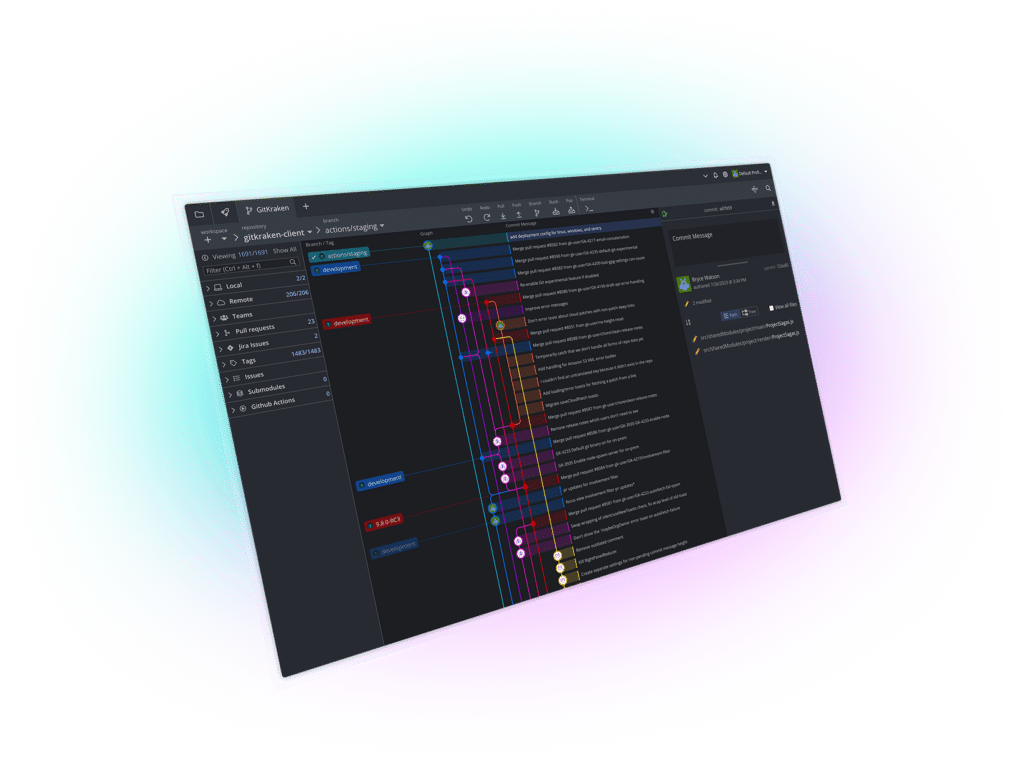Call Amy Ayres a developer, a darned genius, a hard worker, or a problem solver, just don’t call her a pioneer. Because she doesn’t really feel that gender problems exist in the tech space. Before you start thinking things like, “wait, what? There are issues! We have a gap that we need to contend with! Our girls are not encouraged to like math and science!” please read on…
It is obvious that Ayres, an Axosoft developer, who sits in a coding room with about 15 men every day, has always been a standout. The key, Ayres says, to being in a male-dominated industry is simply a strong foundation and confidence. And of course, brainpower.
“I was lucky that we had a computer at home back when most people didn’t,” explains Ayres. “There was one computer class offered in my high school and even though it was a bit easy for me, the teacher let me do what I wanted.” In elementary school, Ayres had an Apple IIe which came with a “handful of books and some simple games.”
This explains a lot since Ayres is satisfied to work on her own, do her own thing and pretty much be content with the fact that she is more than holding her own in that male-dominated Dev room. After spending some time with her, you have to completely believe that confidence is the key.
“When I was in third grade, I got in trouble for something and a teacher wanted me to write 100 times, ‘I will not…..whatever infraction I committed.’ So instead of writing it, I wrote 4-5 lines of code that simply printed the text 100 times.” The teacher was a bit miffed but impressed, she conveys.
Ayres feels that having determination along with a strong, supportive foundation definitely set her up for success. This seems obvious, but she comes from two parents who knew what kind of brainpower they were dealing with and how to help her realize success. Her father was a network engineer at a university and her mother was a math major who later taught computer science at a community college. Reflecting on her childhood, Ayres says,
“One of the best things my parents did for me was to not help at all. I had to solve my own problems and became a very independent person.”
Once Ayres was enrolled in college she landed on computer science as a major. If that didn’t work out, plan b was electrical engineering. When asked if anyone tried to talk her out of it, the look on her face is one of are you kidding me?
“When you’re doing 8th grade math in the 6th grade, you pretty much know where your strengths lie—regardless of your gender,” she says, “just do what you’re good at and know where your heart is.”
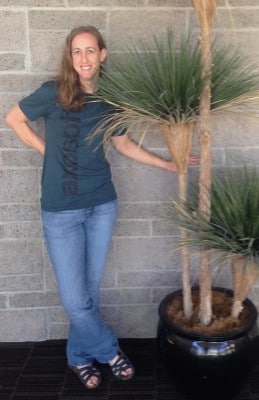
Amy Ayres
It’s clear that Ayres was in her own echelon as the top female and among the top students—and completely comfortable there—even in elementary school. But what advice does Ayres have for students who may not be in the very top of their class and a little unsure about their math or technical skills or bothered by ‘the gender issue?’
“It hurts nothing to try. Try and you’re going to gain problem-solving skills, which will help you no matter what. Even if it doesn’t work out at some level, you’ve still gained those skills. And you may decide to change. But you haven’t lost anything. You can use those skills for any career,” she says.
“It’s really not about boys versus girls,” she adds. “It’s whether or not you’re good at it. Everyone should do what he or she wants to do. Don’t do something you think you should do just to please others. Just follow your heart.”
We know through research that girls enter a particularly fragile period between the ages of 12-17. This is when their confidence can be swayed and when they can be susceptible to outside influences.
“This is when I think some girls get pressure to not be seen as a nerd.”
Ayres reflects specifically on her own two children. She tried to always make sure they got enough support. “If your home life is strong, you can stand up for yourself out in the real world more easily.”
It then follows that if a female finds herself in the tech industry, they will be confident enough to address any issues they see, including discrimination.
“You don’t want to work for people who are going to discriminate against anyone,” explains Ayres. “I just look at that as an additional screening process for me. Discrimination is a good indicator of a bad work environment,” she explains.
So, what do females in tech positions do differently than men? “I think some women tend to try harder simply because at some places they do have something to prove. I’ve had some friends finish degrees and work at the same time, even though the degree was not 100% necessary,” Ayres explains. Although this is just an anecdote, it shows that the tech space is a human space where heart, passion and risk-taking are necessary. It doesn’t matter what your gender is as long as you’re driven.
If you’d like to learn more about creating a culture for women in tech—including how to hire and retain qualified and diverse talent—register for our upcoming webinar on October 21st at 11am PDT.
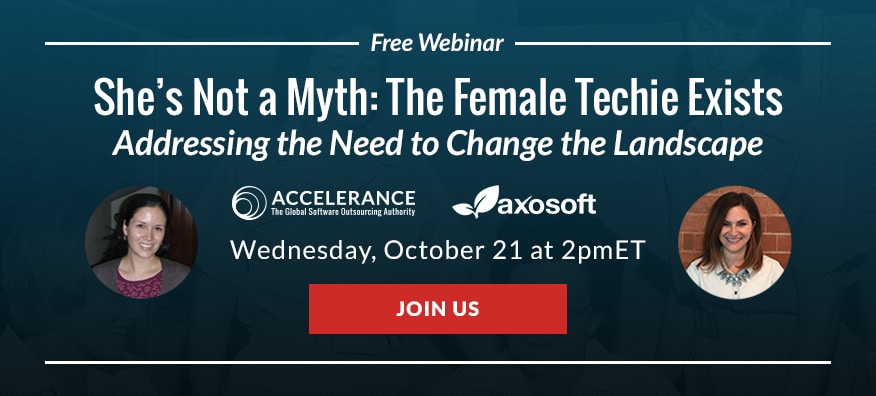
 GitKraken MCP
GitKraken MCP GitKraken Insights
GitKraken Insights Dev Team Automations
Dev Team Automations AI & Security Controls
AI & Security Controls